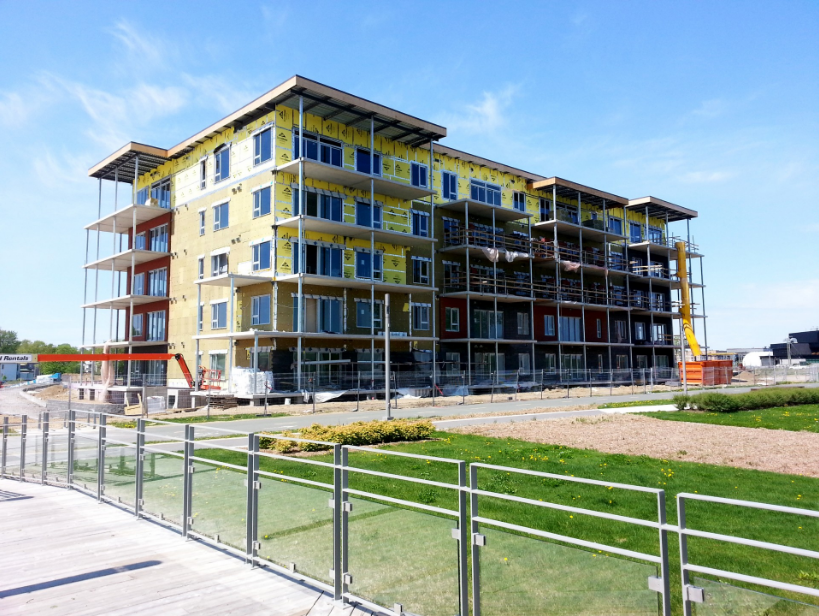As we’ve mentioned in part 1 of this series, trustees are fiduciaries and, as such, trustees owe a variety of fiduciary duties to multiple parties. These obligations include both the duty of loyalty and duty of impartiality, which we will discuss this week. To prove a trustee breached of one of these duties, one must show three things: (1) the existence of a fiduciary relationship; (2) the breach of a fiduciary duty; and (3) damages proximately caused by the breach of the duty.[1] It is important to keep in mind that the express terms of the trust can modify…
-
-
Breach of Trustees’ Fiduciary Duty – Part 1: General Considerations
This is the first of a four-part series examining trustee’s fiduciary duties and the circumstances that could result in litigation. To begin, we will discuss basic principles that will lay a groundwork to inform our larger discussion. What is a Trust and a Trustee?[1] A trust is a financial instrument or tool through which people can transfer their assets to others over time. People who create trusts are called “settlors,” because they “settle” or initially put assets into the trust. Those who stand to benefit from the assets in the trust are known as “beneficiaries.” The person…
-
Five Questions About Construction Liens
Whether you are a home owner in the midst of a kitchen renovation, a business owner considering an office expansion, or otherwise involved in a construction project, it is important to understand who gets paid and when. By doing so, you may avoid a construction lien being placed on your property or, conversely, successfully use the lien statutes to ensure that you get paid for you work. What is a construction lien? Construction liens, also known as mechanic’s liens, are legal claims on real property, often used by builders, contractors, suppliers, or subcontractors who have not been paid…


